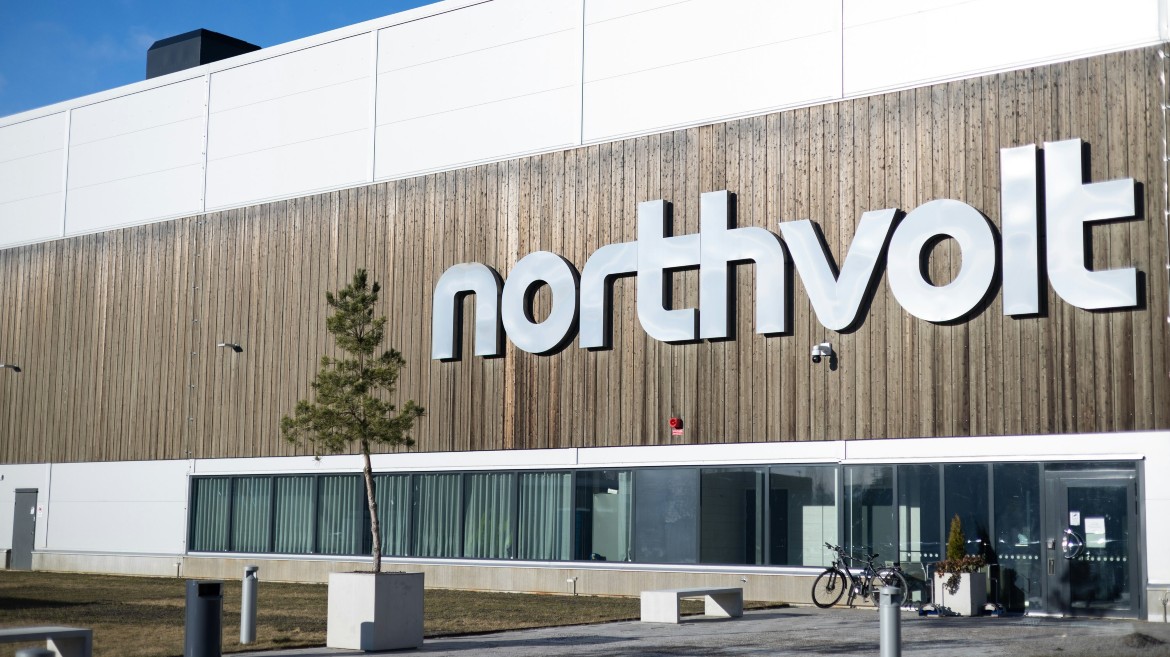
As Europe’s most well-funded VC-backed company, Stockholm-based Northvolt has raised over USD13 billion in equity and debt since its founding in 2016. But by the time it filed for Chapter 11 bankruptcy protection in the US Thursday, the company had just USD30 million in cash according to an SEC filing and over USD5.8 billion owed to creditors.
A host of issues has plagued Northvolt, the most key being its inability to meet production targets for shippable battery cells. In June, carmaker BMW BMW—which is a Northvolt shareholder—canceled a EUR2 billion contract due to the company’s failure to meet its agreed delivery of battery cells, Reuters reported.
In September, Northvolt laid off around 20% of its workforce—1,600 employees—as part of a cost-cutting initiative and halted plans to expand a factory in Sweden. At the same time, the company struggled to raise further funding, and pre-tax losses widened from USD318 million in FY2022 to USD1.2 billion in FY2023.
Failure to land fresh funding culminated in bankruptcy proceedings and CEO Peter Carlsson’s resignation Friday. The move will allow Northvolt to restructure its debt and operations, as well as seek new capital. But for those already invested, heavy losses are on the cards.
With a 21% stake, Germany’s Volkswagen VOW is the company’s largest shareholder, having first invested EUR900 million in 2019. The carmaker subsequently put another EUR500 million EUR in last year.
VW has declined to say how much its stake is currently worth but listed its value as EUR693 million in its 2023 annual report, down from EUR911 million the previous year. VW is also the company’s third-largest creditor due to a USD355 million convertible note.
Entering the cap table in 2019, Goldman Sach GS is Northvolt’s next largest backer with a 19.2% holding. It plans to write off its almost USD900 million stake to zero at the end of the year, the Financial Times reported.
Millions of dollars of pension fund capital have also gone into Northvolt, with its largest shareholders including Denmark’s Arbejdsmarkedets Tillægspension and 4 to 1 Investments—a company owned jointly by Sweden’s national pension funds.
In terms of creditors, Germany’s Volta is owed the most, with a USD3.9 billion unsecured claim. German bank KfW is due USD696 million, having provided loans for the development of its flagship factory.
The European Union has several loans outstanding to Northvolt, with European Commission spokesperson Veerle Nuyts stating that its current exposure amounts to USD313 million, Euronews reported.
What it Means for Europe’s EV Industry
Beyond the shareholders, it’s Europe’s EV industry that potentially stands as the biggest loser in Northvolt’s bankruptcy.
The global EV battery market is dominated by Chinese players, with China accounting for almost 85% of cell production capacity, according to the International Energy Agency. As homegrown battery supplier, Northvolt was to have a pivotal role in reducing the European EV industry’s dependence on Asian imports.
Venture capital-backed battery technology startups in Europe already faced significant funding struggles this year. So far, only EUR1.3 billion has been invested in the space, according to PitchBook data, compared to EUR4.1 billion last year.
Producing battery cells is a low-margin, highly capital-intensive endeavor. With already one high-profile bankruptcy in Europe, investors may be reluctant to fund new entrants.
The author or authors do not own shares in any securities mentioned in this article. Find out about Morningstar's editorial policies.























